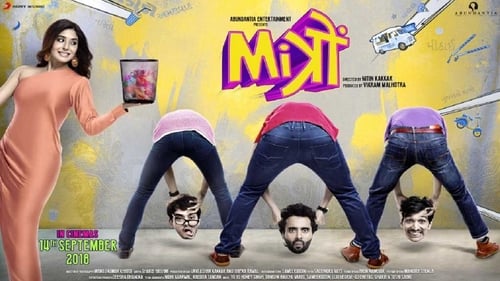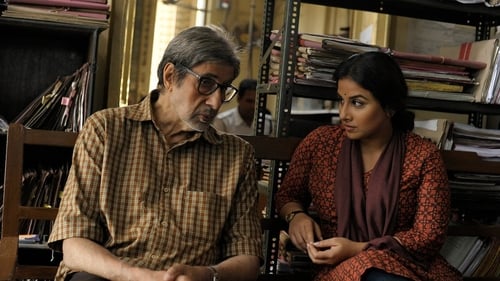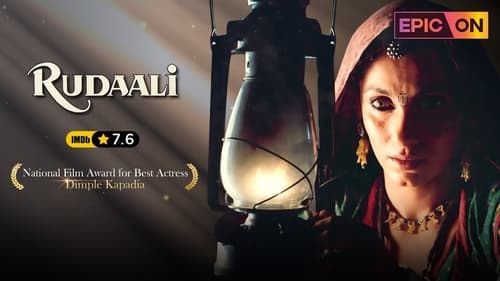
Avni's Father
Jai (Jackky Bhagnani), born and brought up with middle-class values, has a ‘take it easy’ approach to life. Since he doesn't believe in herd mentality, he and his two best friends, Raunak (Pratik Gandhi) and Deepu (Shivam Parekh) start looking for unique ways to make it big in the world. During this trial and error phase, Jai realizes his dream. But his decision of choosing an unprofitable career path doesn’t go down too well with his father (Neeraj Sood), who has bigger aspirations for him. Therefore, in order to bring stability in his life, his father decides to get him married. Destiny, however, has something else in store for Jai, when he accidentally meets Avni (Kritika Kamra), an ambitious, MBA graduate, who wants to start her own business. Set in the backdrop of the Gujarati milieu, the film traces Jai and Avni’s personal journey, as they both find themselves and discover the true meaning of friendship in the bargain.

Tejas Walia
インドの小さな村で新婚生活を送るラクシュミは、妻が高価な生理用ナプキンを買えずに苦労していることを知り、自ら清潔で安価なナプキン作りに乗り出す。しかし、男性が生理について語ること自体がはばかられるインドで、ナプキンの研究に勤しむラクシュミは、村人から奇異な目で見られ、ついには村を追い出されてしまう。それでも情熱を失わず、ナプキン作りに邁進するラクシュミだったが…。

Dr. Abhay Kumar
An insomniac university professor fears as his wife has gone missing and is clueless resulting him driving Marooned in the house through the psychological traumas.

Hari Prakash
A grandfather, police officer and a priest join hands to investigate and find a missing child.

School Principal
The friendship of four friends turns sour after one of them gets a love letter.

Shanichari is a beautiful girl born in lower cast and her life is full of sufferings because of lower cast, poor finances, lost parents, drunken husband, mischievous son. The title refers to a custom in some parts of Rajasthan—where aristocratic women were long kept secluded and veiled—of hiring professional women mourners on the death of a male relative, a rudaali (pronounced “roo-dah-lee”—literally, a female “weeper”) to publicly express the grief that family members, constrained by their high social status, were not permitted to display—or at times, perhaps did not feel. Underwritten by the National Film Development Corporation (NFDC) and Doordarshan (Indian national television) and based on a short story by famed Bengali author Mahasweta Devi—whose tales often focus on the travails of low-caste women.




